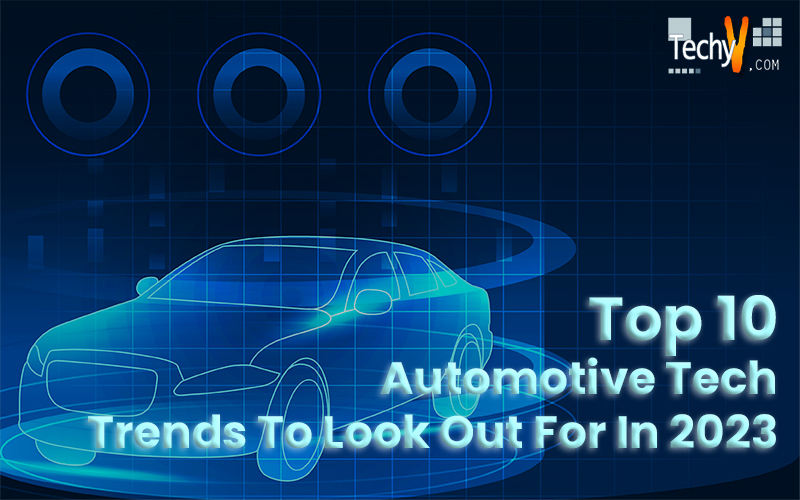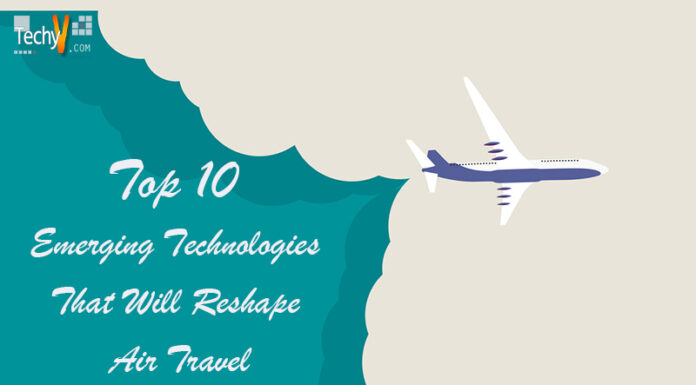Pandemic has put the automotive industry on a rapid growth trajectory. Automakers are witnessing a shift in consumer preferences from public or shared mobility to convenience, safety, and sustainability. Digital transformation is the new driver of profitability and differentiation for the automakers, who are leveraging the latest technologies, such as artificial intelligence (AI), big data & analytics, the internet of things (IoT), and blockchain to find applications in automotive. It becomes essential for the automakers to keep themselves updated about the latest trends shaping the automotive industry. Let us delve deeper into the latest automotive tech trends to look out for in 2022:
1. Electric Vehicles
Did you know that by 2030 you will see more electric vehicles than traditional ICE vehicles? This rise in the adoption of Electric Vehicles is due to higher fuel costs, reduction in battery prices, and low cost of ownership. We can now see the majority of automakers, including Honda, Tesla, Olan, and TATA, entering the electric cars market by introducing more innovative and sustainable options.
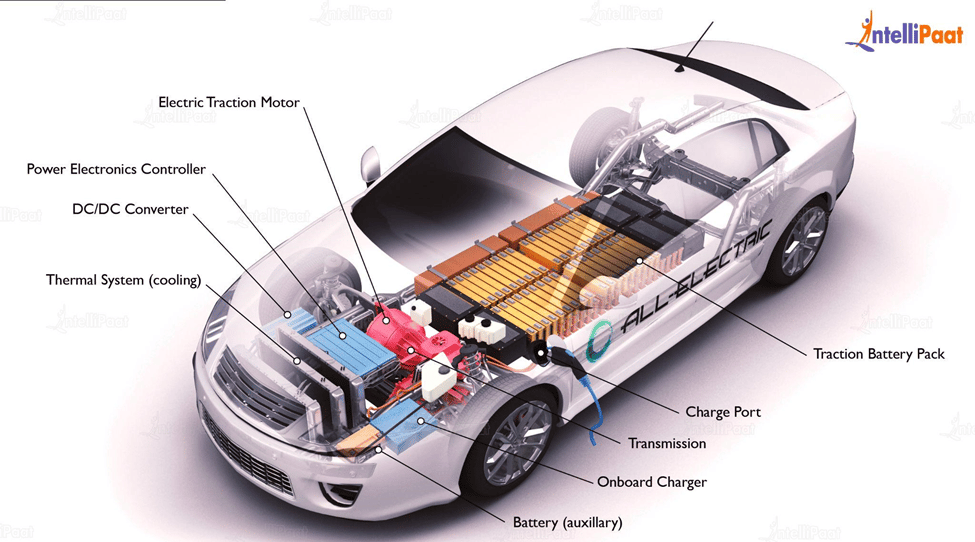
2. Autonomous Vehicles
Can autonomous vehicles replace human drivers? Autonomous vehicles or self-driving vehicles are set to transform the way one commutes by replacing the need for human drivers. What is the reason for this recent shift toward autonomous vehicles (AVs)? The AVs make transportation safer, by an expansion of last-mile deliveries, reduction in downtime, and use of the latest recognition technologies to identify the obstacles or hindrances along the route.
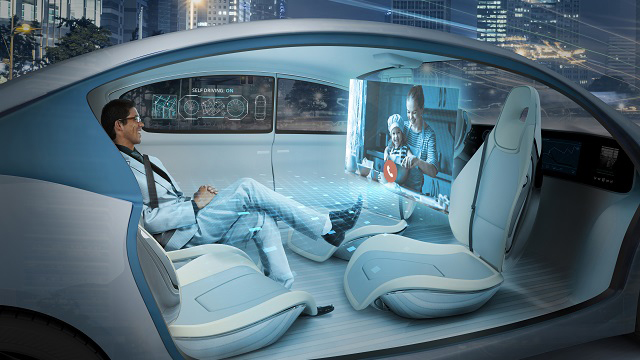
3. Open Data And Open-Source Collaboration Models
Many tech companies have created open-source vehicle collaboration models and open electric vehicle (EV) platforms, such as the Ford Autonomous Vehicle dataset, open-sourced Android Automotive OS by Google, and Waymo Open Dataset, and such collaboration models and partnerships will increase further in 2022. The use of data is essential in the automotive sector to build ecosystems and digital services.
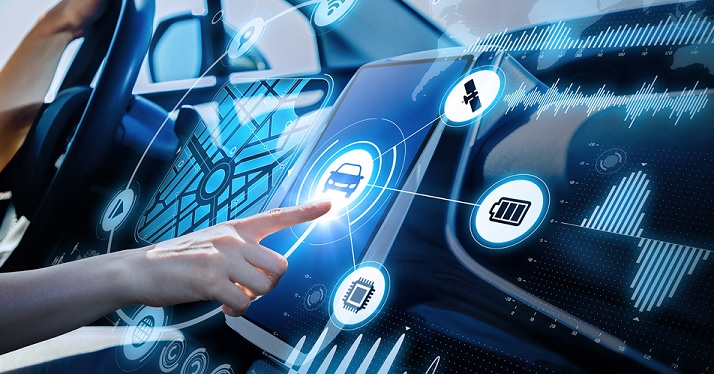
4. Connected Vehicles
Startups are developing vehicle connectivity solutions that enable seamless connection and exchange of data that can overhaul the mobility ecosystem. You would have seen cars coming with a digital identity that helps distinguish them from the other cars in the network. The tracking of vehicle data has many applications, from driver safety to insurance and from fleet management to predictive maintenance.
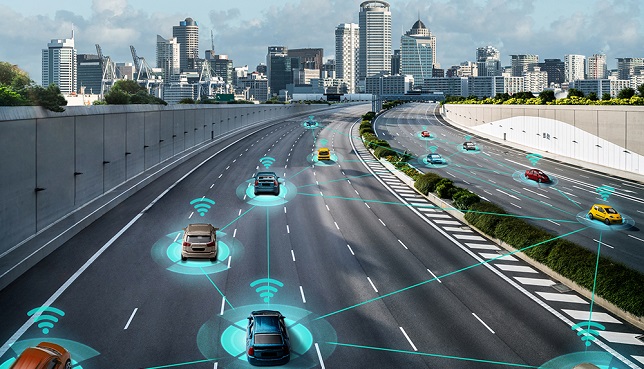
5. Big Data And Analytics
How do Big Data and Analytics help the automakers? Big Data and Analytics help the automakers make informed decisions such as fleet management and alert notifications in case of accidents. It can also help you drive sales, optimize your supply chain and enhance the design for newer vehicle models. The startup space is coming up with big data solutions which can help streamline the operations to maximize profit margins.
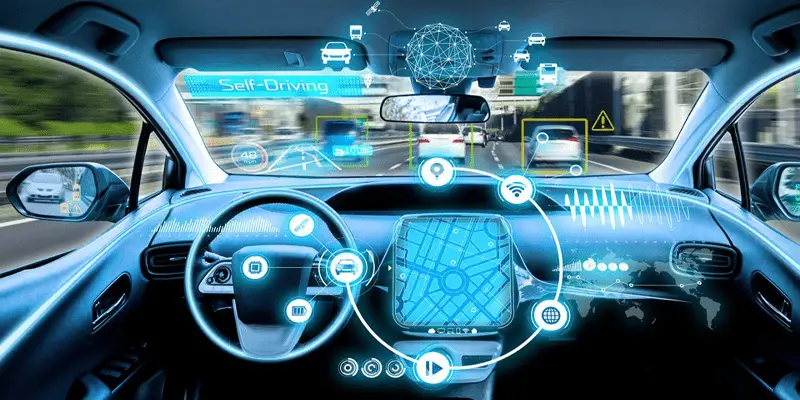
6. Automotive Cybersecurity
The increasing incidence of cyberattacks has made security an essential consideration for automakers. Why do automakers need automotive cybersecurity? Advanced automotive cybersecurity helps prevent your data from theft or manipulation, or any physical damage. Many vehicles in the coming year will come up with advanced cybersecurity features to mitigate the increased cybersecurity threats.
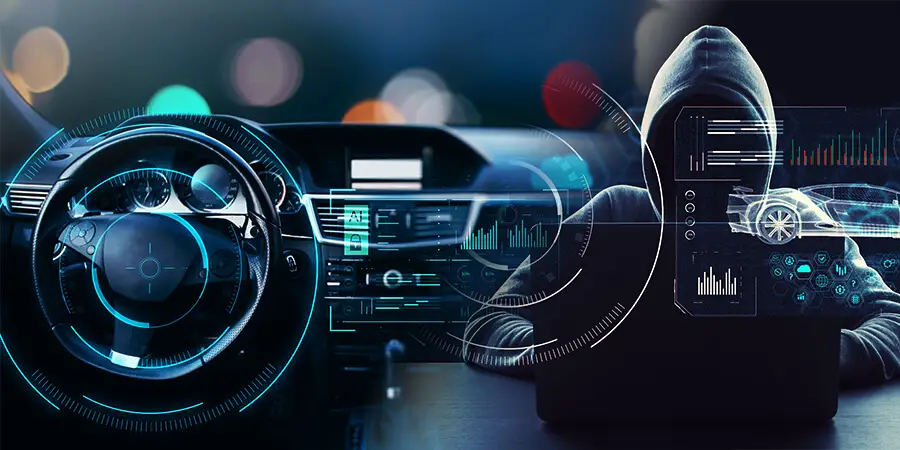
7. Blockchain
This trend on our list has been making a lot of headlines. Blockchain is used in many ways, from ensuring seamless mobile services and connectivity to verifying the supply chain. Some automakers are even using blockchain to share data and simplify the payment tasks related to driving. According to experts, we can use blockchain to support autonomous vehicles.

8. Vegan-Friendly Cars
Have you heard about vegan-friendly cars? The increasing consumer demand for sustainability has made vegan-friendly cars the trending topic in the automotive industry. Some vegan-friendly cars in the market are the Tesla Model S, the Range Rover Velar, and the Ford Mustang Mach-e. The seats of vegan-friendly vehicles are made of recycled materials, replacing the traditional leather interiors.
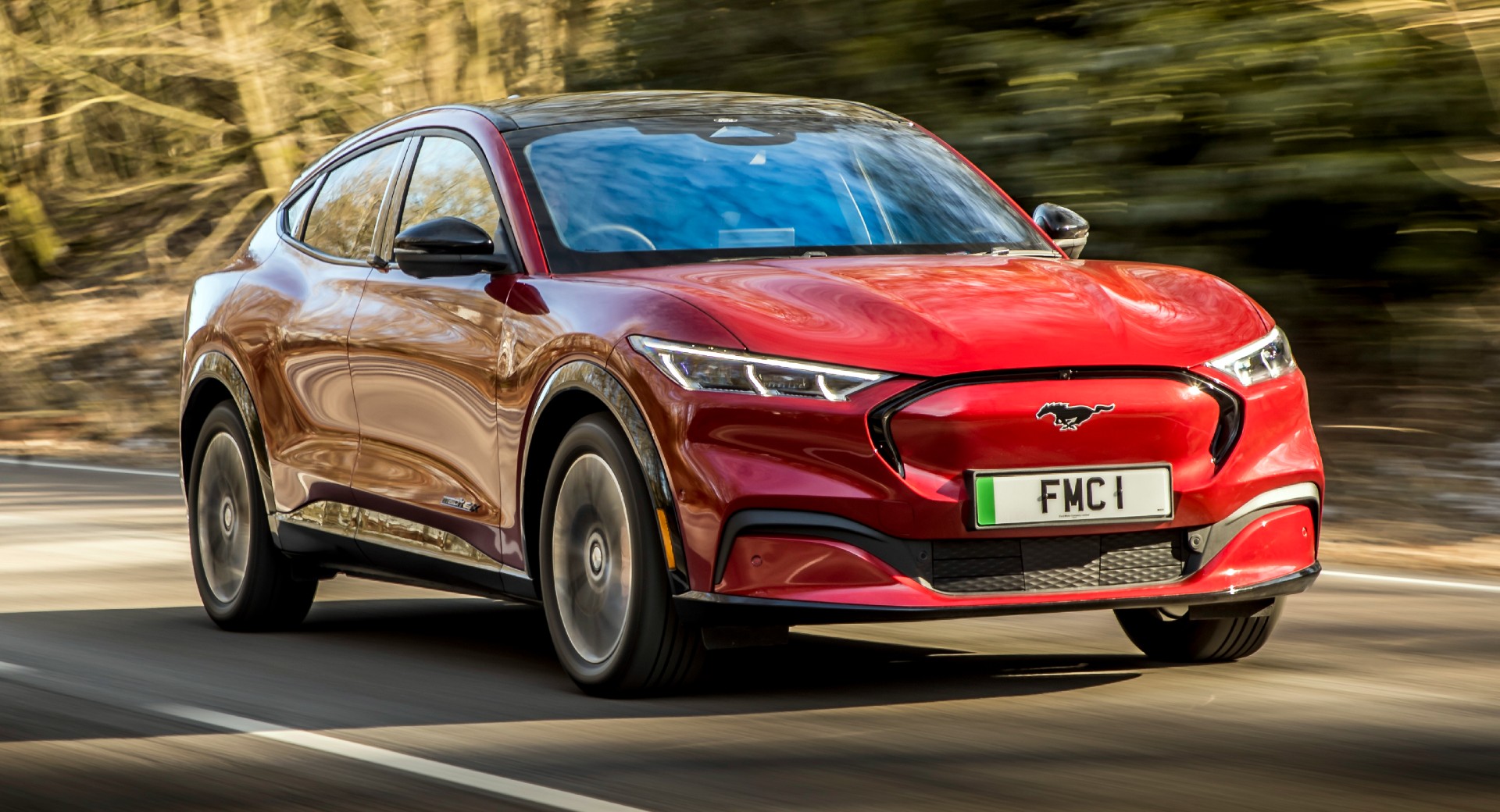
9. Risk Detection And Insurance Premium
One of the critical aspects of the auto-insurance business is an estimation of premiums based on predictive and data analytics models. Telematics data can decide the insurance premiums by helping the drivers monitor their driving behavior and adhere to safety standards. Telematics data will give better discounts on premiums to the driver following the safety standards.

10. 3D Printing
How can 3D printing help the automotive industry? 3D printing can help the automotive industry by ensuring rapid prototyping with 3D printed models, which can speed up the design and testing phases of production. 3D Printing allows the manufacturers to print the spare parts according to the requirements. The additive manufacturing of composite materials produces more durable and stronger automotive parts.
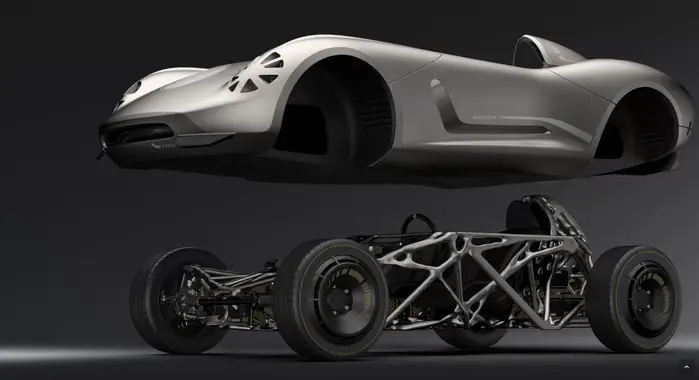
Enjoying the article. Do like and comment on Disque.



